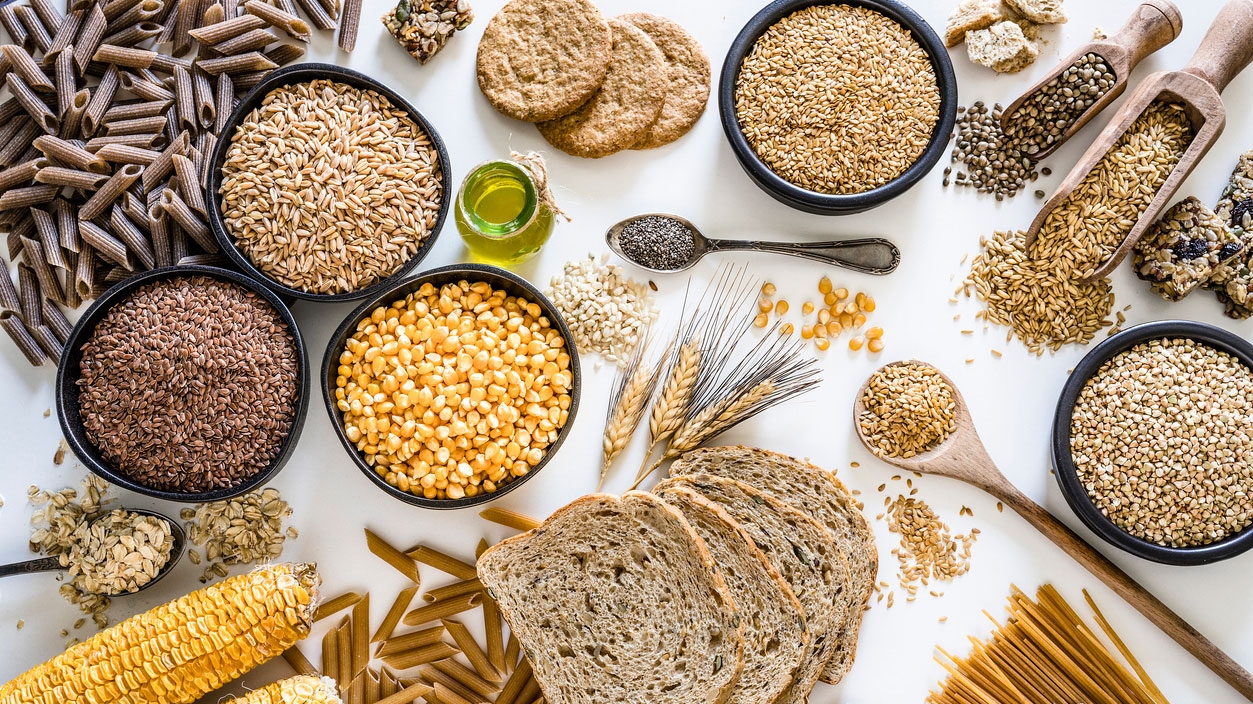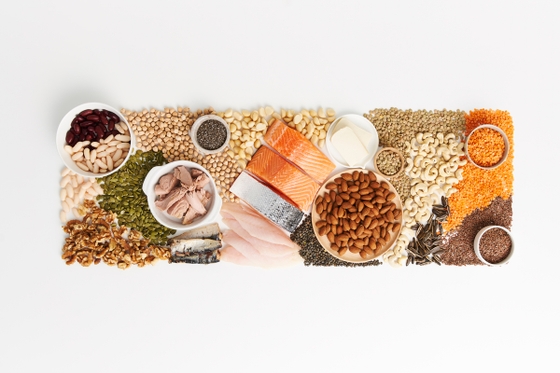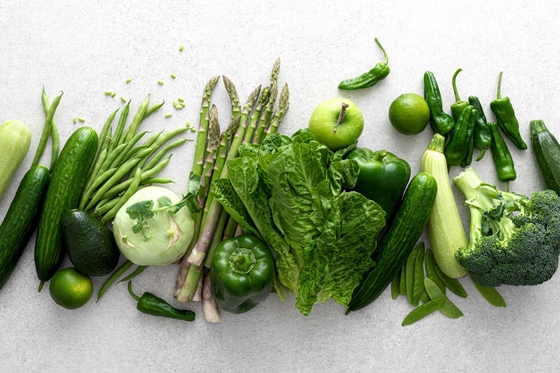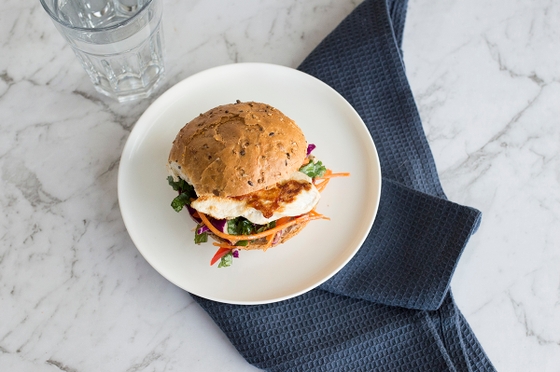
Wholegrains and heart health
All you need to know about wholegrains to put you on the right track
Key takeaways
3 min read
- Wholegrains are foods that use the whole grain, like wholegrain bread, wholemeal pasta and oats.
- Eating wholegrains can help lower your risk of heart disease.
- The fibre in wholegrains can help reduce and regulate your cholesterol.
- Swapping refined grains for wholegrain foods can improve your heart health.
You might have heard that wholegrains are part of a healthy diet, but what are they? And why are they essential to your health? And if wholegrains are healthy, what about low carb diets?
There are a lot of choices when buying a loaf of bread, a box of cereal or a packet of pasta. Plus, the information on the packaging can be hard to understand.
Learning more about wholegrain foods will help you know what to value and what to prioritise.
Here’s all you need to know about wholegrains to put you on the right track.
Types of grains
The term ‘grains’ usually includes:
Wheat
Corn (maize)
Rice
Barley
Oats
Rye
Millet
Quinoa
Teff.
These grains can be eaten whole or made into products like couscous (wheat), porridge (oats), and polenta (corn). Bread, breakfast cereals, pasta, and noodles are also made from these different types of grains.
The terms ‘wholegrain’ or ‘refined grain’ refers to how processed the grains are. Opting for wholegrains instead of refined grains can help improve your heart health.
What are wholegrains?
Wholegrains are foods that include all three parts of the grain: bran, germ and endosperm.
Wholegrain foods are less processed and therefore contain more fibre and vitamins and minerals than other grain foods.
Examples of wholegrains include:
Brown rice
Wholemeal flour
Oats
Wholegrain bread
Popcorn
Buckwheat.
Refined grains, on the other hand, are more processed and some of the grain is removed. These grains contain less fibre, vitamins and minerals, making them a less healthy option.
Examples of refined grains include:
White rice
White bread
Pasta
Processed breakfast cereals
White flour.
What are the health benefits of wholegrains?
Replacing refined grains in your diet with wholegrains can be good for your heart.
The fibre in wholegrain foods can help reduce LDL cholesterol (known as bad cholesterol), and this can lower your risk of heart disease.
As a bonus, the fibre in wholegrains also helps you feel fuller for longer, which can help with weight management.
Wholegrain food swaps
Eating more wholegrains doesn’t have to be hard. Try these deliciously simple swaps in your meals to help improve your heart health.
|
Swap this |
For this |
|---|---|
|
White rice |
Brown rice |
|
White bread |
Wholegrain bread |
|
White flour |
Wholemeal flour |
|
Highly processed breakfast cereal |
Oats |
|
Water crackers |
Wholegrain crackers |
Should I go low-carb?
Diets that restrict carbohydrate intake have been around for some time. These diets usually restrict one or several food groups based on their carbohydrate content. For example, foods like biscuits and pastries, bread and pasta, and some even restrict fruit, dairy and wholegrains. The current evidence suggests that lowering carbohydrate intake for some people might assist in improving their health – however, for heart health, it’s not about lowering carbohydrates but instead choosing the right carbohydrate containing foods.
Reducing your intake of less healthy foods like cakes, biscuits, pastries and takeaway and deep-fried foods (e.g. potato chips and crumbed/battered products) will reduce your carbohydrate intake but also your intake of salt, added sugar and saturated and trans-fat. All of which is good news for your heart!
Including foods like wholegrains, vegetables and fruit, and dairy products also contain carbohydrates but are consistently linked with good heart health. Evidence suggest these foods can help lower cholesterol and reduce risk of high blood pressure. These are foods to keep, not avoid, in a heart healthy eating pattern.
There really is more to the story than judging a food by its carbohydrate content. Read our article “Swap it, don’t stop it” if you’re looking for ways to include the healthiest carbohydrate foods in your eating pattern.
Make small changes for a big impact
Making simple swaps to your breakfast, lunch and dinner can be an easy way to help take better care of your heart.
The first step is identifying any refined grains you eat regularly and swapping them out for their wholegrain alternative (see our simple swaps above). Then explore our recipes, meal plans and ‘how to’ videos for ideas on how to include heart healthy wholegrains every day.
You might also be interested in...

Protein and heart health
Healthy proteins can part of a heart-healthy diet. However, each can impact your risk of heart disease differently. Find out more the best food protein sources.

What is plant-based eating
Learn about plant-based eating and its impact on heart health

Chicken and Asian slaw wholegrain roll
4 serves
10 m
5 m
Last updated21 February 2024